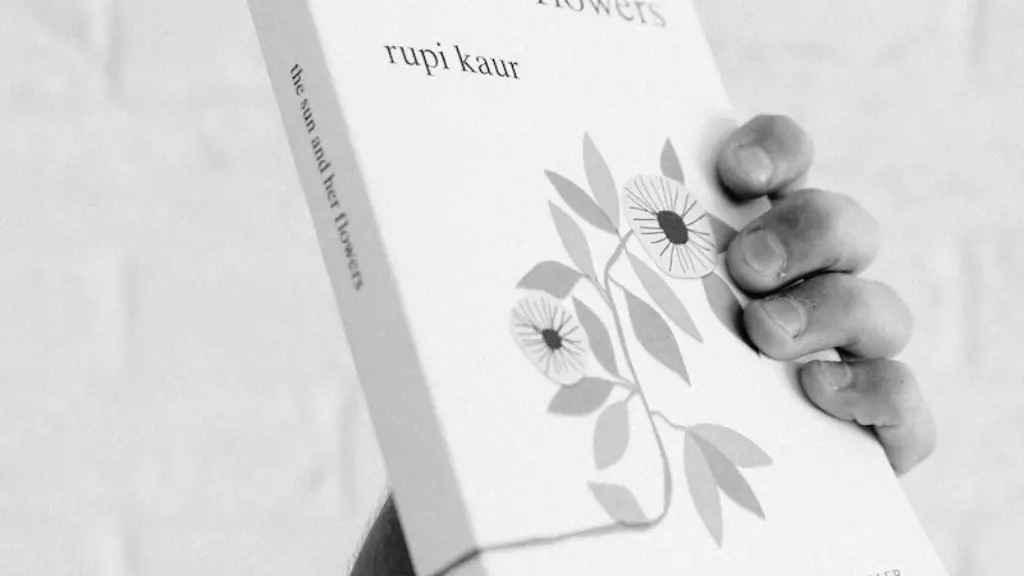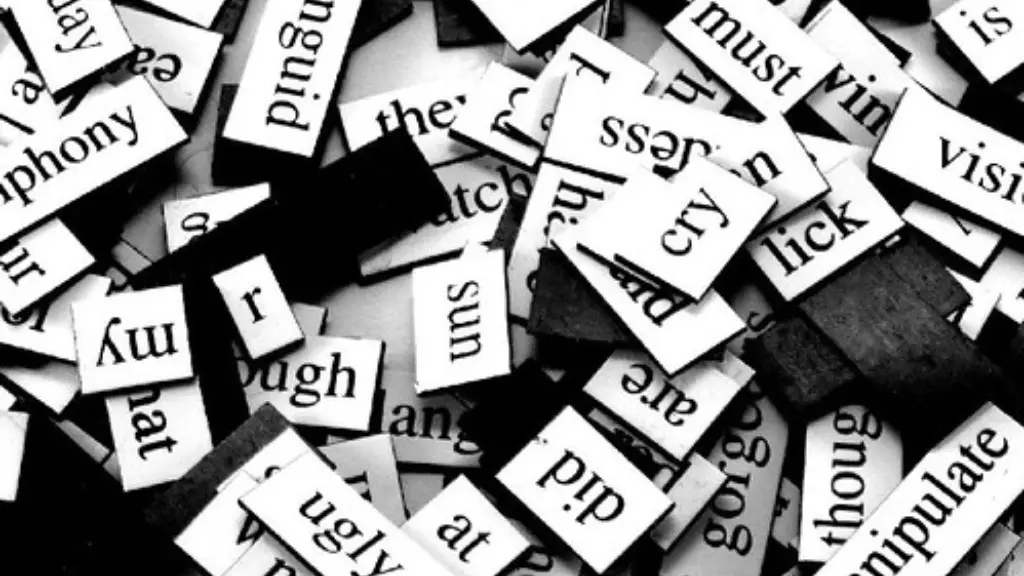Oscar Wilde was one of the most renowned and celebrated Irish authors and poets of his time. He is remembered by many for his unorthodox level of wit, intellect and stylistic mastery. However, a less recognized aspect of his legacy is his religious beliefs and opinions. This article will delve into the life and works of Oscar Wilde in order to discover if the famous writer was religious or agnostic in his thoughts and viewpoint.
Wilde was born in a Protestant family and was baptized in the Church of Ireland. Despite this, he was a skeptic of Christianity from an early age and believed in a liberal form of religion, one in which individualism was deeply valued. Despite his family’s deep ties to Protestantism, Wilde mostly identified with the aesthetics of Roman Catholicism, seeing it as the faith of the free.
Throughout his works and plays, Wilde often commented on matters of morality, often using it to either criticize or praise the world he lived in. He often commented on the effects of religion on morals and the struggles between many kinds of faith. He was primarily critical of the Anglican Church and its doctrines, which he often featured as stringent, hypocritical and oppressive. Wilde was also highly critical of guilt as a concept and believed that it was a dehumanizing element of religious thinking.
Wilde’s private writings provide further evidence of his views. He was open about his dissatisfaction with the morality of religious institutions, in particular its condemnation of diverse lifestyles and art. Wilde wrote that “Religions change, morals do not” and claimed that morality had more of an influence on social conventions than religion itself.
In conclusion, it is apparent that Wilde was not a religious man, at least in the traditionally accepted sense. Instead, he was an agnostic and had a deep distrust of the way that religion was being used to shape society and ethical standards. He used his writings as a reflection of his beliefs and advocated for a morality that was based on individual choice rather than religious rules and expectations.
Biblical Influence
Oscar Wilde often looked to the bible for inspiration when producing his works. He used quotes and references to biblical stories and verses to inform his readers about certain topics in subtle ways. In his play An Ideal Husband, references to the fall of Adam and Eve from the Garden of Eden become essential motifs as Wilde explores concepts of guilt, sin, and truthfulness. Wilde also criticizes religious institutions when referencing the bible in his works, mocking the Old Testament for its “vengeance and cruelty.”
In The Picture of Dorian Gray, Wilde references the character of Sybil to that of the mystical prophetess in Greek and Roman mythology, who was said to have provided critical prophetic advice to various persons in antiquity. By bringing her character into particular moments in the text, Wilde implies that religion and faith can still have a place in contemporary life, even in the absence of strict adherence to traditional belief structures.
The Ballad of Reading Gaol also takes inspiration from the bible in its tale of justice and redemption. Written while Wilde was in prison, the poem features biblical allusions and motifs, such as references to Christ’s crucifixion in an attempt to capture the sentiment of the redemptive power of love. Wilde also refers to the bible in”The Soul of Man Under Socialism,” this time again voicing his critiques of how religion was influencing morality.
Legacy
Oscar Wilde’s legacy within the literary world can be seen in the way in which he was able to challenge traditional religion and religious institutions throughout his works. He deconstructed conventional morality and social norms, inspiring generations of writers and thinkers that followed him. Many of his plays and writings still feature in academic syllabi, and his stylistic brilliance gives insight into his own religious views, even going so far as to challenge the values and politics of his own time. His lasting influence can be seen both in the works of other writers and in the way in which religion is viewed today.
The Importance of Aestheticism
Oscar Wilde was an advocate of aestheticism, a movement vested in the idea of a life composed by art and beauty, one free of the constraints of religious ideology. Aestheticism was a highly controversial philosophy and often ignited debates between religious and artistic groups. Wilde used his writings to fight against social injustice and promote democracy and anti-repression, suggesting that even if traditional faith structures failed to provide answers, art and creativity could provide hope.
Throughout his life, Wilde was an impassioned advocate of the power of aesthetics, promoting the idea of a more beautiful world, one founded in the power of art. He suggested that there was value in beauty even in the absence of religious conviction and argued that beauty was a universal language without the taint of any ideology or religious perspective.
Conclusion
In conclusion, it is clear that Oscar Wilde had some complex thoughts and opinions regarding religion and faith. Throughout his writings, Wilde was critical of religious institutions and their oppressive view of morality. He also looked to aesthetics for inspiration in his works, advocating for art and beauty as a source of individual freedom, happiness and hope. Wilde’s legacy is still unsurprisingly prominent to this day, and his inspiring views on life remain a source of wisdom for people around the world.



